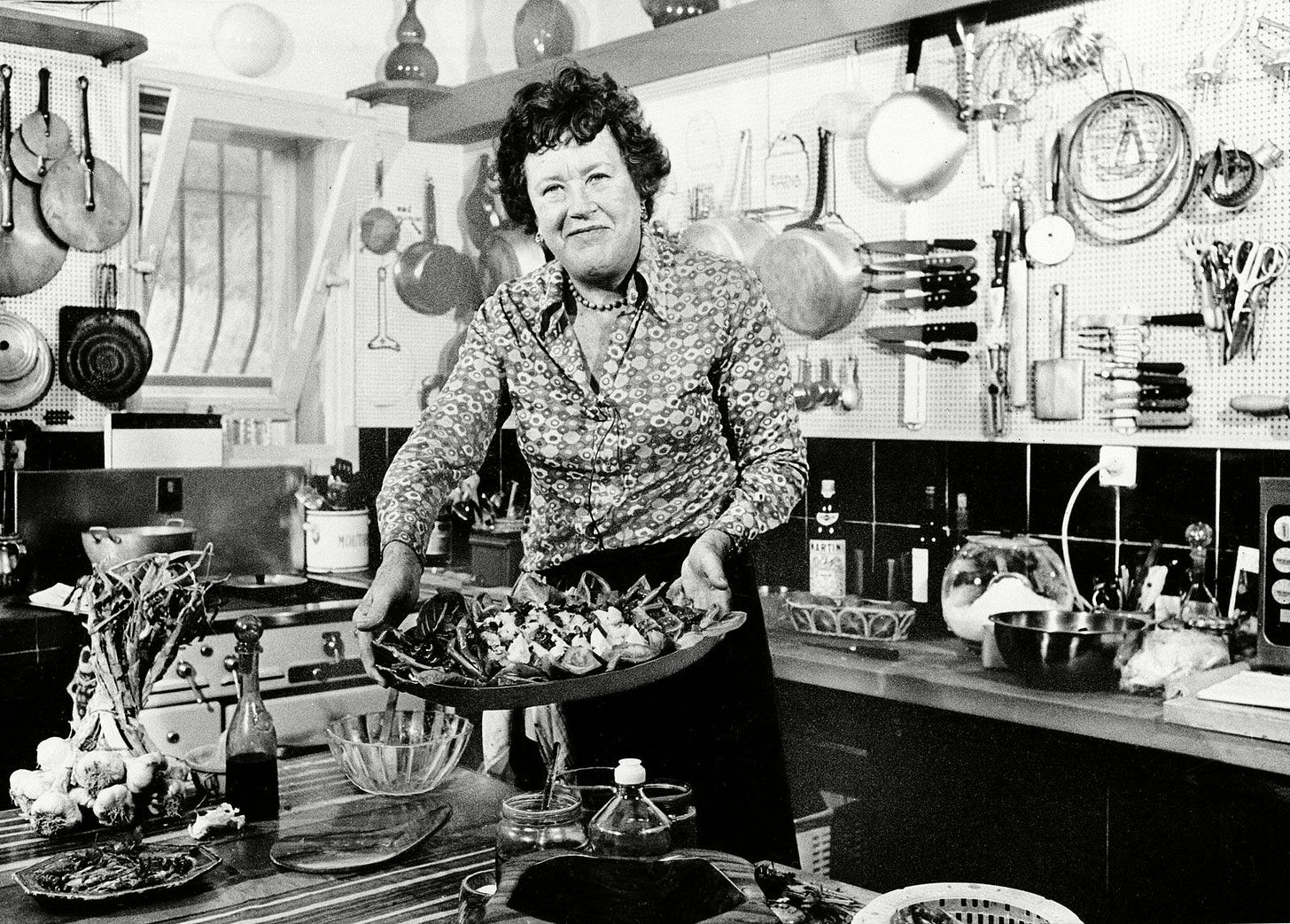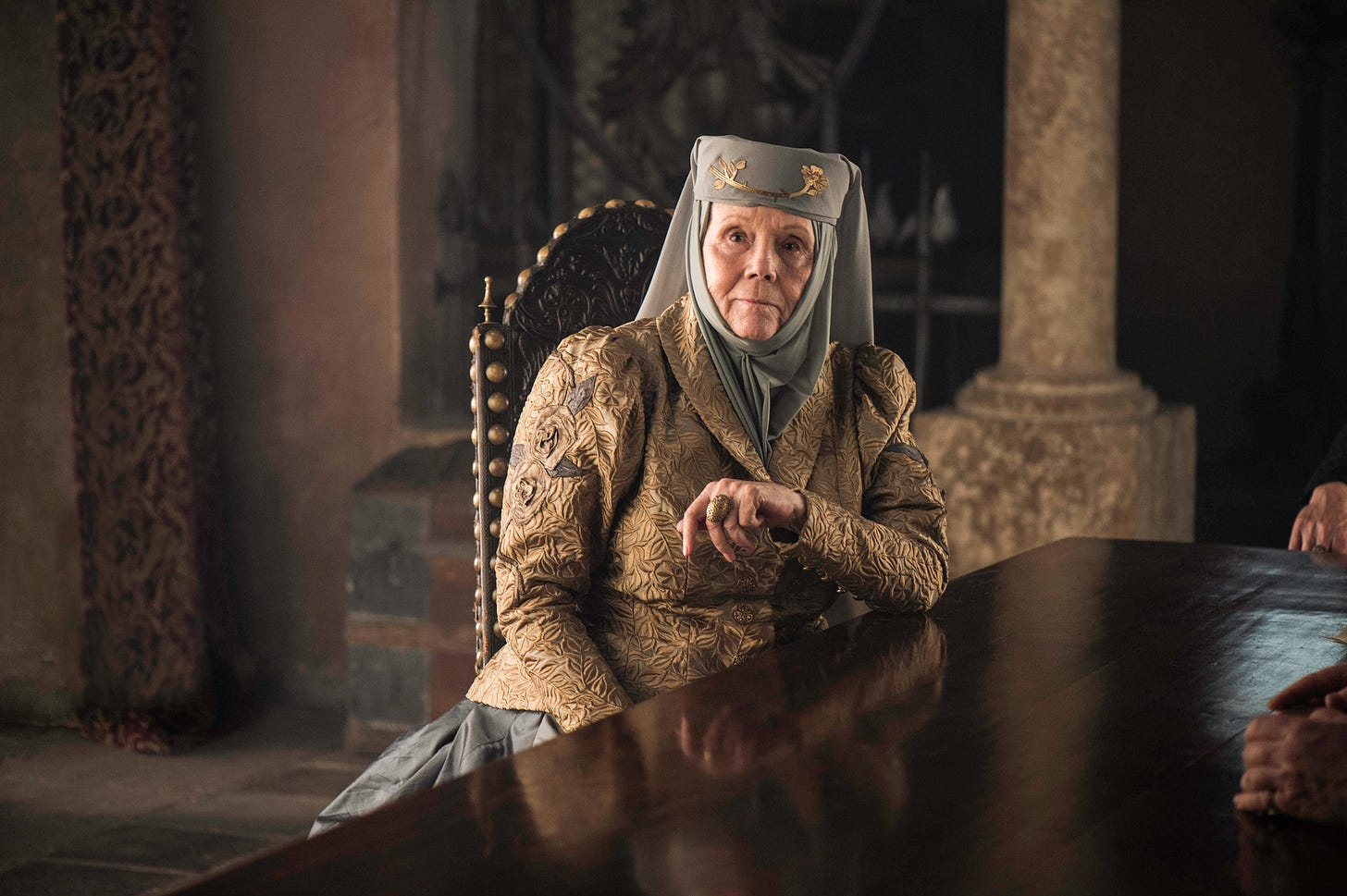Women Who Cannot Control Themselves Seek to Control Others
Those Women Are Also the Easiest to Control: An Introduction to Self-Mastery
In African society, there's this bullshit saying that "the man is the head and the woman is the neck." Beyond being anatomically ridiculous, this concept is a masterclass in delusion. The entire premise suggests women should abandon pursuing actual power in favor of manipulating men from behind the scenes like some discount Machiavelli.
Anyone who's ever attempted anything remotely challenging knows this is absolute garbage. You cannot make anyone—man, woman, child —do a goddamn thing they don't want to do. This "neck" philosophy fails spectacularly because it encourages women to surrender what little agency they have in a pathetic attempt to control another equally clueless human until both parties inevitably crash into the brick wall of disappointment.
This 'neck' philosophy isn't just wrong—it's backward. Instead of fixating on controlling others, what if we redirected that energy toward the only thing we can actually control: ourselves? This is where self-mastery enters the picture, not as some mystical achievement, but as the fundamental prerequisite for a life worth living.
The Five Pillars of Self-Mastery
Before you proceed, notice how each pillar, the consistent word is "self." Not partner, not husband, not society—SELF. You cannot master someone else without violence, and even then, just ask any empire how that strategy works long-term.
1. Self-Awareness
This is knowing who the fuck you are and how the world perceives you—without filters or fairy tales. People like me with a strong sense of self struggle with this, not because I don't know who I am, but because I forget that the mediocrity-loving masses will project their loserdom onto anyone who doesn't fit their predetermined molds.
Self-awareness is the privilege of knowing your own truth before it becomes apparent to the rest of society—which might be never. It's like Plato's allegory: while the masses remain chained in the cave, mistaking shadows for reality and attacking anyone who challenges their delusions, the self-aware person has broken free. You're standing in the harsh sunlight of actual reality while everyone else is still arguing about which shadow puppet is prettier. And when you try to drag others into the light? That's when they fight hardest to stay in the dark.
2. Self-Control
The average adult has the emotional agility of a rabid pitbull puppy. Most people have absolutely no clue how their emotional shortcomings manifest in the world, leaving the rest of us at the mercy of their fears, anxieties, and insecurities. These emotional disasters are walking around tormented by scenarios that exist only in their heads and haunted by mistakes they made when they were fourteen.
Self-control requires a strict separation of church and state between your emotions and your actions. It's knowing that if your goal is to become president, you would disregard your previous (and probably still current) feeling that Trump is Hitler and take that VP post anyway (JD Vance, I'm talking about you). And if you decide to stick with your morals and maintain that Trump is indeed Hitler, you don't waste energy feeling upset while the scavengers in the Republican party feast on the corpse of that institution—you find a new way forward for yourself.
Self-control is regulating your emotions so they don't just avoid undermining your goals—they actually fuel them. It's the difference between being a puppet of your feelings and being their puppeteer.
3. Self-Efficacy
This is the audacity to believe you can actually create the life you want. It's the blatant disregard for conventions that have held others back while you take the life you want by force. It's aligning your thoughts, actions, feelings, and resources to serve your highest ideals.
If you were a musician, self-efficacy isn't dreaming about being on stage—it's the bone-deep certainty that you belong there. It's not hoping for success; it's recognizing that success is inevitable if you're willing to pay its price, and you are willing to do so in magnitudes that would make others quit. It's the commitment to sacrifice that would frighten the mediocre.
4. Self-Reliance
This is where the sword meets the neck. When you begin taking radical, bold, and consistent action toward becoming your highest self. It's the methodical practice, the repetition to perfection, the improvements extracted from failures that would break lesser people.
Self-reliance is building your safety net because you know no one else will catch you. It's developing skills that can't be outsourced, canceled, or taken away. This is developing a disgust response to helplessness.
Look around at the most capable people you know. They don't wait for permission. They don't crowd-source basic decisions or waste time seeking validation. They operate from a place of complete ownership—of their successes, their failures, and everything in between. When problems arise, they don't look for saviors; they become the solution. Every challenge is met with "How do I solve this?" instead of "Who will help me?"
5. Self-Determination
This is the constant course correction directed solely by your vision for your life. It's refusing to let others write your story. Self-determination is the courage to change direction when necessary and the strength to hold course when challenges arise.
Most people spend their lives being blown about by every wind of cultural expectation, fleeting desire, or social pressure. They're like leaves in a storm—technically moving, but with zero agency over their direction. They follow pre-packaged life scripts written by parents, religions, cultures, or Instagram influencers.
Self-determination is the radical act of defining success for yourself. It's the understanding that no amount of external validation will ever fill the void created by betraying your own vision.
Case Studies: Julia Child & Olenna Tyrell
Self-Awareness: Julia understood she was a 6'2" woman with a voice like a goose honking through a megaphone in an era of dainty housewives. Instead of trying to shrink herself, she leveraged her uniqueness into a brand. When her producer once suggested she lower her voice to sound more feminine, she responded, "This is who I am," and kept right on trilling. During the filming of her show, she once dropped a potato pancake while flipping it. Rather than reshooting, she scraped it off the table, slapped it back in the pan, and famously declared, "Remember, you're alone in the kitchen." She knew exactly who she was and refused to present a perfect façade.
Self-Control: When her first cookbook was rejected by publishers who thought Americans were too stupid for authentic French cooking, she didn't throw a tantrum—she spent years refining it until it was undeniable. Her infamous French bread recipe required 284 attempts to perfect. Most people can't even follow a recipe once without complaining. Child spent literally hundreds of hours adjusting hydration levels and kneading techniques, meticulously documenting each failure until she cracked the code. During TV tapings, when dishes collapsed or techniques failed, she never lost her composure—she turned mistakes into teaching moments with unwavering enthusiasm.
Self-Efficacy: She started cooking at 37 with zero professional experience and decided, "Fuck it, I'm going to master the most sophisticated cuisine in the world." And then she actually did it. When the esteemed Cordon Bleu cooking school relegated her to classes with "housewives" rather than professional chefs, she demanded to take the professional exam anyway. After she was rejected from their diploma program, she hired private tutors and practiced with such determination that she eventually surpassed many classically trained chefs. When told that Americans wouldn't understand metric measurements, she developed her own system of converting recipes without sacrificing precision.
Self-Reliance: When TV executives suggested simplifying her techniques, she refused to dumb down her content for a public she believed was smarter than they were given credit for. She hand-built her own TV set kitchen at a time when cooking shows featured pre-cooked, picture-perfect dishes. Instead, Child insisted on cooking everything live, handling her own mistakes, and showing the entire messy process. She frequently told network executives, "The only real stumbling block is fear of failure. In cooking, you've got to have a what-the-hell attitude." When her first publisher demanded she cut down her 700+ page manuscript, she took it elsewhere rather than compromise her vision.
Self-Determination: In an era when women were expected to serve TV dinners and be grateful, she built an empire teaching them to make boeuf bourguignon instead. When the U.S. government assigned her husband to Paris, rather than simply becoming an embassy wife, she carved out her own path. At 49, an age when most people settle into comfortable routines, she launched her television career with "The French Chef." Despite critics who claimed Americans wanted convenience over complexity, she deliberately challenged her viewers, once spending an entire episode demonstrating how to flip an omelet properly. She defined success by her standards: not by how simple she could make cooking, but by how many home cooks she could elevate to new heights.
Olenna Tyrell: The Queen of Thorns
Self-Awareness: In Game of Thrones, Olenna never pretended to be gentle or accommodating. She knew her worth and leveraged her age and status to speak truths no one else dared. When confronting Tywin Lannister about marrying Cersei to her grandson, she bluntly stated, "He'll be your successor and you'll be dead. And your joy will turn to ashes in your mouth." She recognized her sharp tongue and keen mind as weapons more effective than any sword. Her iconic line to Daenerys—"I'm an old woman, I've known a great many clever men. I've outlived them all. You know why? I ignored them"—perfectly encapsulated her self-knowledge.
Most significantly, she demonstrated extraordinary self-awareness in her youth when she refused to marry a Targaryen, despite it being the prestigious match everyone expected. After meeting her intended, she recognized that the match would destroy her, so she seduced her sister's fiancé (who would become Lord Luthor Tyrell) the night before his wedding. That decision—knowing herself well enough to reject what others defined as advantageous—became the foundation of her power.
Self-Control: When her granddaughter and son were murdered, she didn't lash out emotionally—she methodically planned her revenge, serving it ice cold to Jaime Lannister with her dying breath. While other houses like the Starks acted on honor and emotion, often to their detriment, Olenna understood that power requires patience. During the Purple Wedding, as Joffrey choked on poison she had administered, she maintained perfect composure, showing no trace of satisfaction or guilt while chaos erupted around her. Her granddaughter Margaery learned this lesson well, displaying similar control when maneuvering Joffrey and later Tommen—pretending to be the perfect queen while subtly manipulating the crown to House Tyrell's advantage.
Self-Efficacy: In a world where women were decorative pieces in men's power games, she outmaneuvered everyone, orchestrating the assassination of a king with no one suspecting her until she chose to reveal it. When Littlefinger and Varys, the two most cunning men in Westeros, were spinning their webs of intrigue, Olenna matched them move for move. She didn't just believe she could match these master manipulators—she knew it. During the War of the Five Kings, while men fought on battlefields, she secured House Tyrell's position through strategic marriages and alliances that increased their power far more effectively than any military victory.
Self-Reliance: She maintained her own network of spies and resources, never depending on the men in her family who she clearly saw as less competent than herself. While her son Mace bumbled through politics with delusions of grandeur, she operated as the true power behind House Tyrell. When Cersei imprisoned Margaery and Loras, rather than waiting for her son to act, Olenna immediately went to King's Landing to handle the situation herself. When negotiating with the Sand Snakes in Dorne, she cut through diplomatic pretense: "I appreciate your hospitality. I truly do. But if you're going to torture me, just get on with it." She never required protection or permission to act.
Self-Determination: Even in death, she controlled her narrative, using her final moments to twist the knife in her enemies rather than beg for mercy. When Jaime Lannister gave her the "gift" of a painless death, she used her final breath not to plead but to confess to Joffrey's murder, telling him, "Tell Cersei. I want her to know it was me." She chose her own path from youth to death, rejecting a politically advantageous marriage as a young woman and denying her enemies the satisfaction of a frightened death as an old one. She taught this lesson to Margaery, who used what she learned to orchestrate Joffrey's downfall, demonstrating that true power comes not from wearing a crown but from controlling your own destiny.
The Brutal Truth
Most relationships are just two people with zero self-mastery trying to control each other. It's the blind leading the blind into oncoming traffic. Men seeking women who can't control themselves are looking for someone they can dominate. Women trying to control men are advertising their inadequacies.
Self-mastery isn't some mystical achievement—it's the basic entry requirement for a life worth living. Yet most people would rather complain about others than master themselves. They'd rather blame their partner, the economy, the government, their parents, or their zodiac sign than look in the mirror and acknowledge the unfinished human staring back at them.
The ultimate irony? Those most resistant to developing self-mastery are the most susceptible to being controlled by others. A person with no self-awareness is easily manipulated by flattery. Someone lacking self-control is governed by their triggers. People without self-efficacy can be paralyzed by planted doubts. Those without self-reliance will accept any helping hand, even one that's dragging them underwater. And individuals without self-determination will follow any path laid before them, especially if it promises to be easier than forging their own.
The choice is simple but not easy: Master yourself or be mastered by others. There is no third option.
Best,
Coffy.








